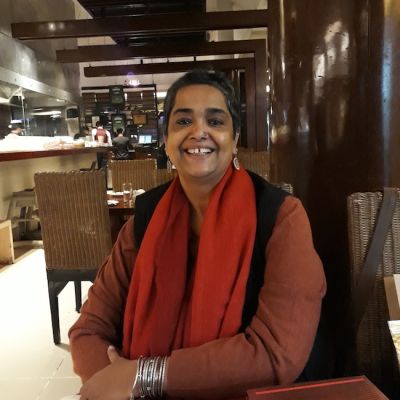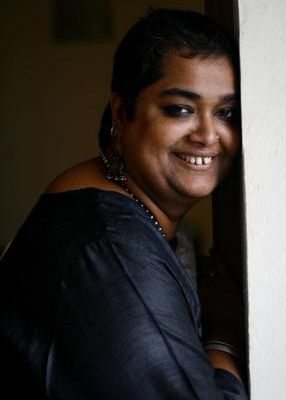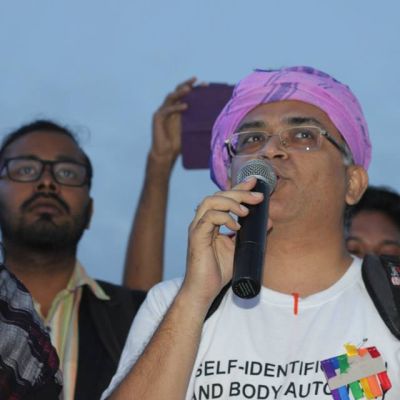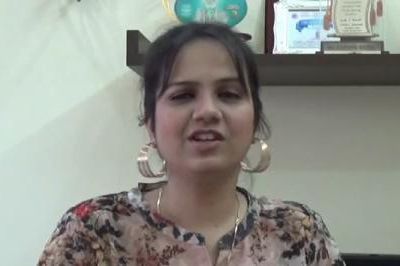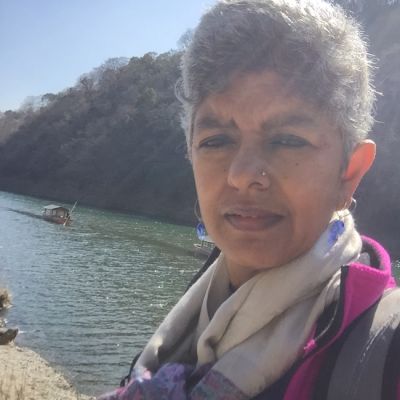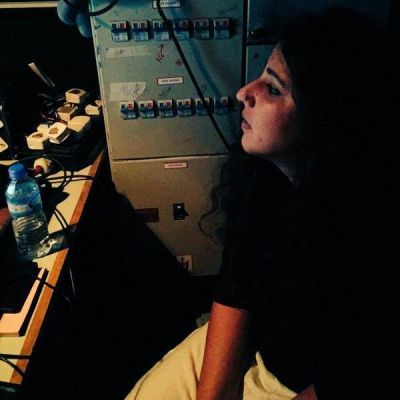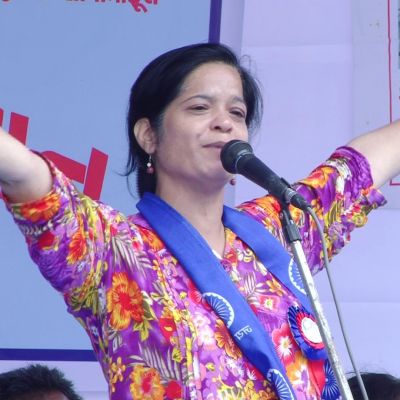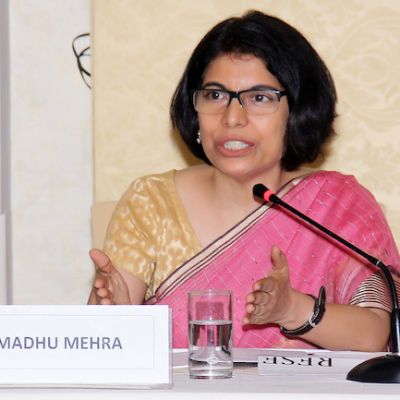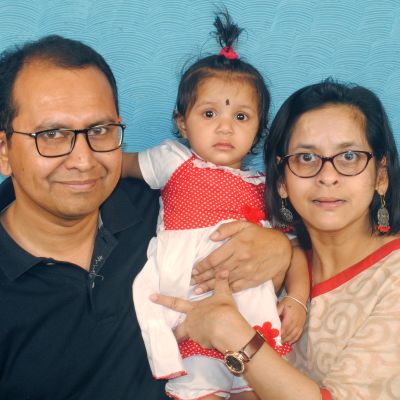Sexuality
Richa Kaul Padte, in her own words, is “a writer and editor interested in gender, sex, tech, popular culture and illness.” Shikha Aleya interviews Richa about porn, pleasure and pussycats.
Pramada Menon is a queer feminist activist who ponders about all matters she thinks are complex. When not pondering and…
Shikha Aleya: What are some of the biggest barriers you have faced in your efforts to create dialogue and visibilise…
In this issue of In Plainspeak, we interview Pawan Dhall, Founding Trustee of Varta Trust, queer activist, writer and social researcher. He is also the editor of the Varta webzine, promoting and sustaining dialogue on gender and sexuality, across diverse groups of people. As Pawan says, “We are all strung together on a spectrum of gender and sexuality, and we don’t have to be fixed at a single point on the spectrum throughout our lives.”
In a two-part interview with TARSHI, Paromita Vohra tells it to us as only she can: frank, articulate and free of male cow poop!
In a two-part interview with TARSHI, Paromita Vohra tells it to us as only she can: frank, articulate and free of male cow poop!
In an interview with TARSHI, Paromita Vohra tells it to us as only she can: frank, articulate and free of male cow poop!
Nidhi Goyal is a gender and disability rights activist from Mumbai, India. Anisha Dutt: Your journey as a disability and gender rights activist…
Feminist, activist, writer, counsellor and trainer, Nandini Rao, focuses on issues of gender-based violence and discrimination, sexuality and disability and on incest and child sexual abuse.
Namita Aavriti, writer, lawyer, feminist, and coordinator and editor for GenderIT.org, focuses on issues related to gender, ICT and internet rights. Namita is also the co-curator and organiser of the Bangalore Queer Film Festival (BQFF).
Manjula Pradeep is a lawyer and former Executive Director of the Navsarjan Trust, a grassroots organisation working to empower Dalits…
In this issue of In Plainspeak, we interview Madhu Mehra, lawyer and feminist activist. She is a founding member and the Executive Director of Partners for Law in Development (PLD), a legal resource group on women’s rights.
Co-founder of The Chinky Homo Project, a digital and print queer anthology from North East India, Kumam Davidson talks about growing up in the shadow of insurgency, his writings, and his worry that “in 2019 even after Section 377 has been partially revoked, I continue to grapple with questions of intimacy and sexuality here in my state.
Jeeja Ghosh is a disability rights researcher and activist, feminist, parent, writer, scholar and trainer. Her lived experience of disability, and of standing up against discrimination and injustice, is at the core of her work and insights. Shikha Aleya interviews Jeeja about mobility across divides other than the physical.


